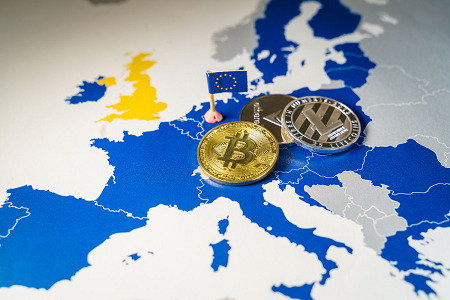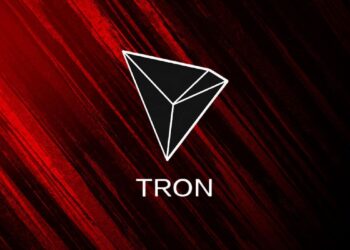After two consecutive delays, the European Parliament has finally held a final vote on the Markets in Crypto-Assets Act (MiCA). The regulation, originally proposed in 2020, now needs to be approved by the European Council to become an official regulation.
Following the vote on April 20, Stefan Verger, MiCA’s rapporteur and a Member of the European Parliament, referred to the law as a milestone for the crypto asset industry.
Habemus MiCA! Das EU-Parlament hat die #Regulierung angenommen. Ein Meilenstein für die #Krypto-Asset-Industrie. Danke an alle Kollegen und auch für den ganzen Support der Community hier! #MiCA ???? @btcecho @DECointelegraph pic.twitter.com/avPmOE2Vl0
— Stefan Berger (@DrStefanBerger) April 20, 2023
The Markets in Crypto-Assets Act (MiCA) aims to establish unified regulations for digital assets at the EU level, providing legal security for digital assets. The legislation is expected to create standards for the management, organization, and governance of token issuers for digital assets. It will also provide guidelines for disclosure and transparency standards for crypto issuing and trading. By doing so, European officials hope to create uniform legislation that will promote the adoption of digital assets across the EU.
Despite cautious optimism, some people have raised concerns about the Markets in Crypto-Assets Act (MiCA). The 400-page document, which was mostly put together a few years ago, has a few shortcomings. For instance, decentralized finance (DeFi), crypto lending and staking, and non-fungible tokens (NFTs) are not addressed in the current draft, raising questions about whether the legislation can keep pace with the rapidly evolving crypto industry.
During a recent panel discussion at Paris Blockchain Week 2023, Janet Ho, head of EU policy at Chainalysis, noted that the success of MiCA would depend on robust input and the revision of specific portions of the documentation. She also stressed the importance of addressing the issues with the current draft, such as the exclusion of DeFi, crypto lending and staking, and NFTs.
Nadia Filali, the director of the Caisse des Dépôts Group’s blockchain program, echoed Ho’s sentiments and emphasized the significance of governments, regulators, and industry players defining the rules jointly. The two experts agreed that a collaborative approach would be essential to create effective and comprehensive regulation for the crypto industry in the EU.
In other news, a group of twelve European Union (EU) parliamentarians has issued a declaration for the safe development of artificial intelligence (AI) following a warning by Google CEO Sundar Pichai about the risks of unleashing potent AI technology before society is ready.
If you want to read more news articles like this, visit DeFi Planet and follow us on Twitter, LinkedIn, Facebook, Instagram, and CoinMarketCap Community.
“Take control of your crypto portfolio with MARKETS PRO, DeFi Planet’s suite of analytics tools.”





















